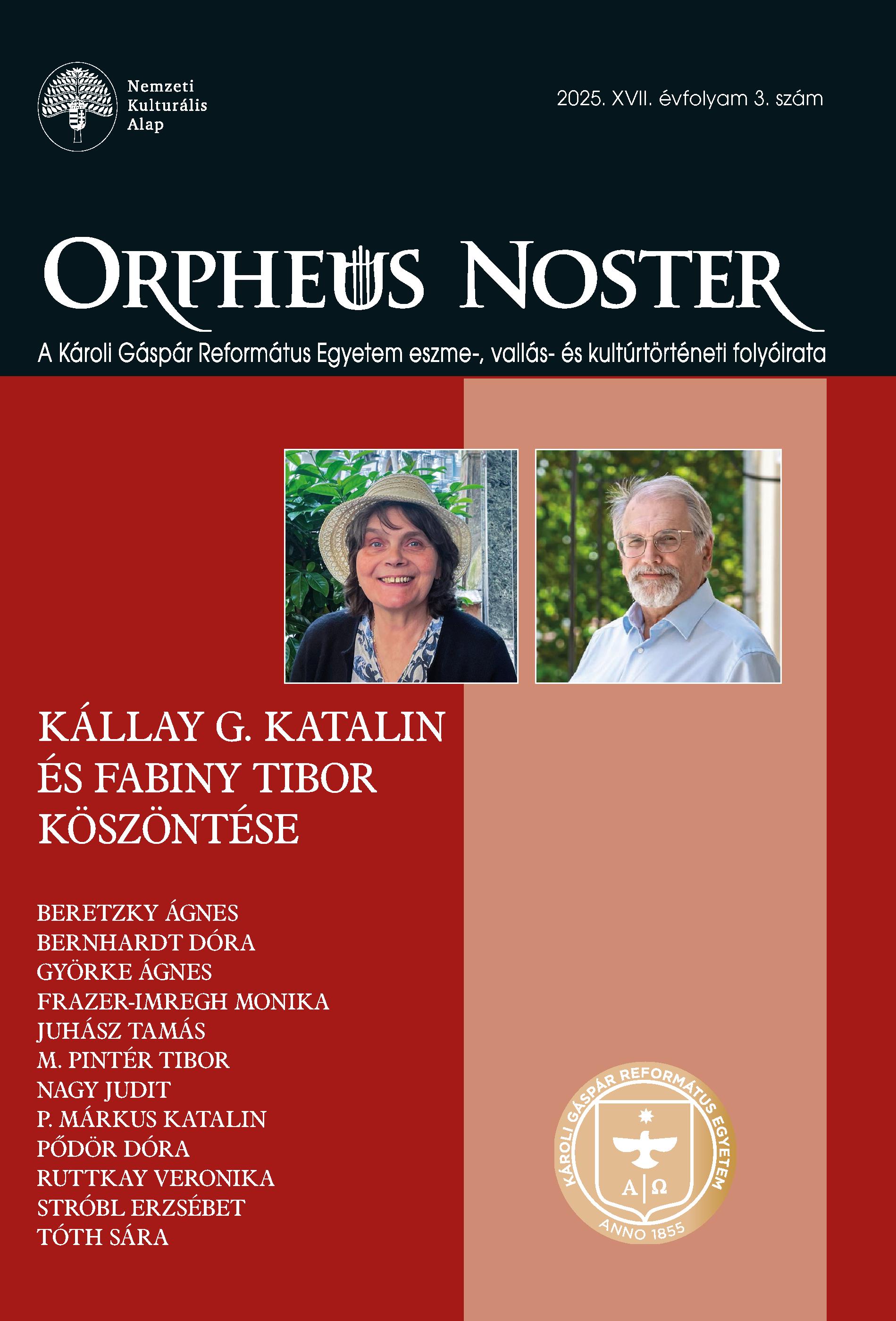London Monica Ali Brick Lane című regényében: Intergenerációs trauma és a gyógyulás terei
Absztrakt
Tanulmányom diaszporikus fejlődésregényként olvassa Monica Ali Brick Lane (magyar fordításban: A muszlim asszony) című művét, amely a Londonban megélt társadalmi és lelki átalakulás határait beszéli el. Akárcsak Sam Selvon Magányos Londoniak (The Lonely Londoners), Buchi Emecheta Másodrendű állampolgár (Second-Class Citizen) és Doris Lessing Az angolok nyomában (In Pursuit of the English) című művei, Ali regénye is egy posztkoloniális országból érkezett főhős történetével foglalkozik, amelyen keresztül bemutatja, hogy milyen módon hat a karakter fejlődésére a nagyvárosi lét. Tanulmányom arra mutat rá, hogy Nazneen intergenerációs traumával küzd Londonban: traumatikus emlékei nemcsak kísértik, hanem gyakran rávetülnek a város tereire. Ezért amellett érvelek, hogy a nagyváros nem csupán a fejlődés határait jelöli ki a regényben, hanem kreatív játék térként a gyógyulást is szolgálja.


